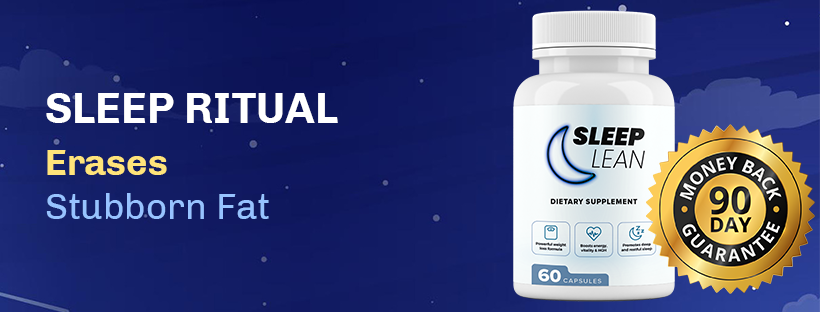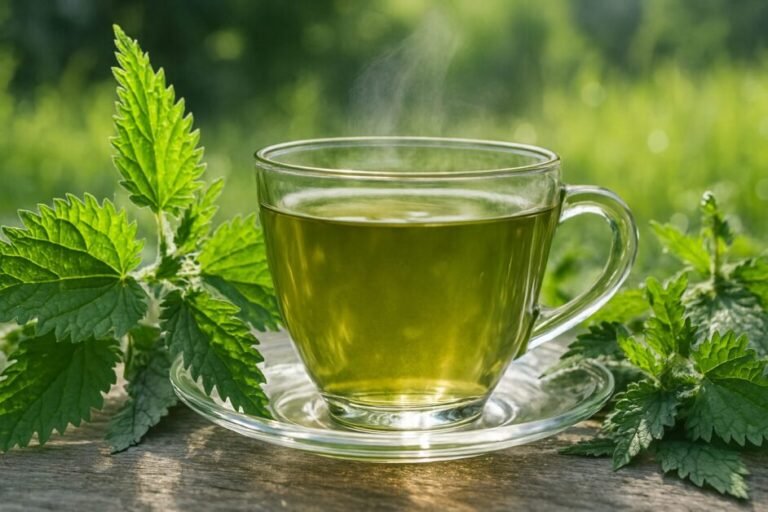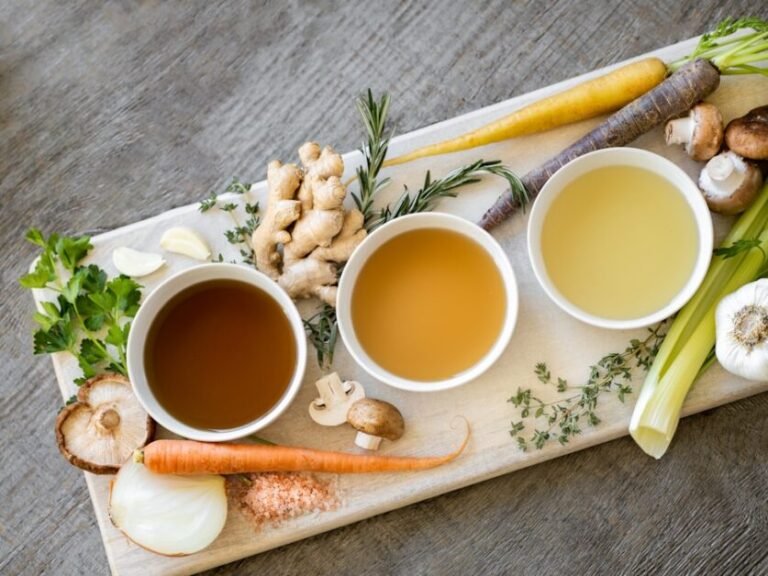Heal Your Mouth Naturally: The Ultimate Guide to Home Remedies for Canker Sores
Canker sores, also known as aphthous ulcers, are small, painful lesions that develop on the soft tissues inside the mouth, such as the gums, tongue, and inner cheeks. These sores can be quite uncomfortable and can make eating and speaking difficult. The exact cause of canker sores is not fully understood, but they are believed to be triggered by a variety of factors, including stress, hormonal changes, food sensitivities, and minor injuries to the mouth. Some people may also be genetically predisposed to developing canker sores.
The symptoms of canker sores typically include a tingling or burning sensation in the affected area, followed by the development of a white or yellowish ulcer with a red border. These sores can vary in size and may occur as single lesions or in clusters. While canker sores are not contagious, they can be quite painful and can take up to two weeks to heal. In some cases, they may recur frequently, causing chronic discomfort for those affected.
Canker sores are not to be confused with cold sores, which are caused by the herpes simplex virus and typically develop on the lips or around the mouth. Unlike cold sores, canker sores are not caused by a viral infection and are not contagious. However, they can still be quite bothersome and may require treatment to alleviate symptoms and promote healing.
Natural Home Remedies for Canker Sores
There are several natural home remedies that can help alleviate the discomfort of canker sores and promote healing. One of the most popular remedies is rinsing the mouth with a saltwater solution. Salt has natural antiseptic properties that can help reduce inflammation and kill bacteria in the mouth. To make a saltwater rinse, simply dissolve a teaspoon of salt in a cup of warm water and swish it around in the mouth for 30 seconds before spitting it out.
Another effective home remedy for canker sores is applying a small amount of raw honey directly to the sore. Honey has natural antibacterial and anti-inflammatory properties that can help soothe the pain and promote healing. Simply dab a small amount of honey onto the sore using a cotton swab and leave it on for a few minutes before rinsing your mouth with water.
In addition to saltwater rinses and honey, some people find relief from canker sores by applying aloe vera gel or coconut oil to the affected area. Both of these natural substances have soothing and healing properties that can help reduce pain and inflammation. It’s important to note that while these home remedies can be effective for some people, they may not work for everyone. If you have persistent or severe canker sores, it’s best to consult with a healthcare professional for further evaluation and treatment.
Using Essential Oils to Soothe Canker Sores
Essential oils have been used for centuries for their medicinal properties, including their ability to soothe oral ulcers such as canker sores. Some essential oils have natural anti-inflammatory, antimicrobial, and analgesic properties that can help alleviate the discomfort of canker sores and promote healing.
One of the most popular essential oils for treating canker sores is tea tree oil. This potent oil has strong antimicrobial properties that can help kill bacteria in the mouth and reduce inflammation. To use tea tree oil for canker sores, dilute a few drops of the oil in a carrier oil such as coconut oil or olive oil, and apply it directly to the sore using a cotton swab. Be sure to use caution when using tea tree oil, as it is very potent and should be used sparingly.
Another essential oil that may help soothe canker sores is lavender oil. Lavender oil has natural analgesic and anti-inflammatory properties that can help reduce pain and swelling in the mouth. To use lavender oil for canker sores, dilute a few drops of the oil in a carrier oil and apply it directly to the sore as needed.
It’s important to note that essential oils are very potent and should be used with caution. Some people may be sensitive to certain essential oils, so it’s best to do a patch test before using them on the skin or in the mouth. If you have any concerns about using essential oils for canker sores, it’s best to consult with a healthcare professional for guidance.
Dietary Changes to Prevent and Heal Canker Sores
Making dietary changes can be an effective way to prevent and heal canker sores. Certain foods and beverages may trigger or exacerbate canker sores, so it’s important to be mindful of what you consume if you are prone to developing these painful ulcers.
One common dietary trigger for canker sores is acidic foods and beverages, such as citrus fruits, tomatoes, and carbonated drinks. These acidic substances can irritate the delicate tissues inside the mouth and may contribute to the development of canker sores. If you are prone to developing these ulcers, it’s best to limit your consumption of acidic foods and beverages to reduce your risk of developing new sores.
In addition to avoiding acidic foods, some people find relief from canker sores by increasing their intake of certain nutrients that support oral health. For example, vitamin B12 and iron deficiencies have been linked to an increased risk of developing canker sores. To support oral health and reduce your risk of developing these painful ulcers, consider incorporating more vitamin B12-rich foods such as meat, fish, dairy products, and fortified cereals into your diet. Iron-rich foods such as lean meats, beans, lentils, and leafy greens can also help support oral health and prevent canker sores.
It’s also important to stay hydrated and drink plenty of water throughout the day to keep the mouth moist and prevent irritation that may lead to canker sores. By making these dietary changes, you may be able to reduce your risk of developing new canker sores and promote healing if you already have existing ulcers.
Herbal Remedies for Canker Sores
In addition to essential oils, there are several herbal remedies that may help soothe canker sores and promote healing. One popular herbal remedy for oral ulcers is licorice root. Licorice root has natural anti-inflammatory and antiviral properties that can help reduce pain and inflammation in the mouth. You can find licorice root in various forms, including teas, powders, and supplements. Some people find relief from canker sores by drinking licorice root tea or applying licorice root powder directly to the affected area.
Another herbal remedy that may help alleviate the discomfort of canker sores is chamomile. Chamomile has natural anti-inflammatory and analgesic properties that can help reduce pain and swelling in the mouth. To use chamomile for canker sores, brew a strong chamomile tea and allow it to cool before swishing it around in your mouth for 30 seconds before spitting it out.
It’s important to note that while herbal remedies can be effective for some people, they may not work for everyone. If you have persistent or severe canker sores, it’s best to consult with a healthcare professional for further evaluation and treatment.
Lifestyle Changes to Promote Oral Health
In addition to dietary changes, making certain lifestyle changes can help promote oral health and reduce your risk of developing canker sores. One important lifestyle change is practicing good oral hygiene. Brushing your teeth at least twice a day with fluoride toothpaste and flossing daily can help remove plaque and bacteria from the mouth, reducing your risk of developing oral ulcers.
Another lifestyle change that may help prevent canker sores is managing stress. Stress has been linked to an increased risk of developing these painful ulcers, so finding healthy ways to manage stress may help reduce your risk of developing new sores. Consider incorporating stress-reducing activities into your daily routine, such as meditation, yoga, deep breathing exercises, or spending time in nature.
It’s also important to avoid habits that may irritate the delicate tissues inside the mouth, such as biting your cheeks or lips, chewing on hard or sharp foods, or using tobacco products. By making these lifestyle changes, you may be able to reduce your risk of developing new canker sores and promote healing if you already have existing ulcers.
When to Seek Professional Help for Canker Sores
While most canker sores will heal on their own within one to two weeks, there are certain circumstances in which it’s important to seek professional help. If you have persistent or severe canker sores that do not improve with home remedies or over-the-counter treatments, it’s best to consult with a healthcare professional for further evaluation.
You should also seek professional help if you experience any of the following symptoms along with your canker sores:
– Fever
– Swollen lymph nodes
– Difficulty swallowing
– Severe pain that does not improve with home remedies
– Sores that do not heal within three weeks
These symptoms may indicate an underlying medical condition that requires prompt attention from a healthcare professional. In some cases, persistent or severe canker sores may be a sign of an immune system disorder, nutritional deficiency, or other health issue that requires medical treatment.
In conclusion, while canker sores can be quite uncomfortable and bothersome, there are several natural remedies and lifestyle changes that may help alleviate symptoms and promote healing. By making dietary changes, using essential oils and herbal remedies, practicing good oral hygiene, managing stress, and seeking professional help when needed, you may be able to reduce your risk of developing new canker sores and promote healing if you already have existing ulcers. If you have persistent or severe canker sores, it’s best to consult with a healthcare professional for further evaluation and treatment tailored to your specific needs.









